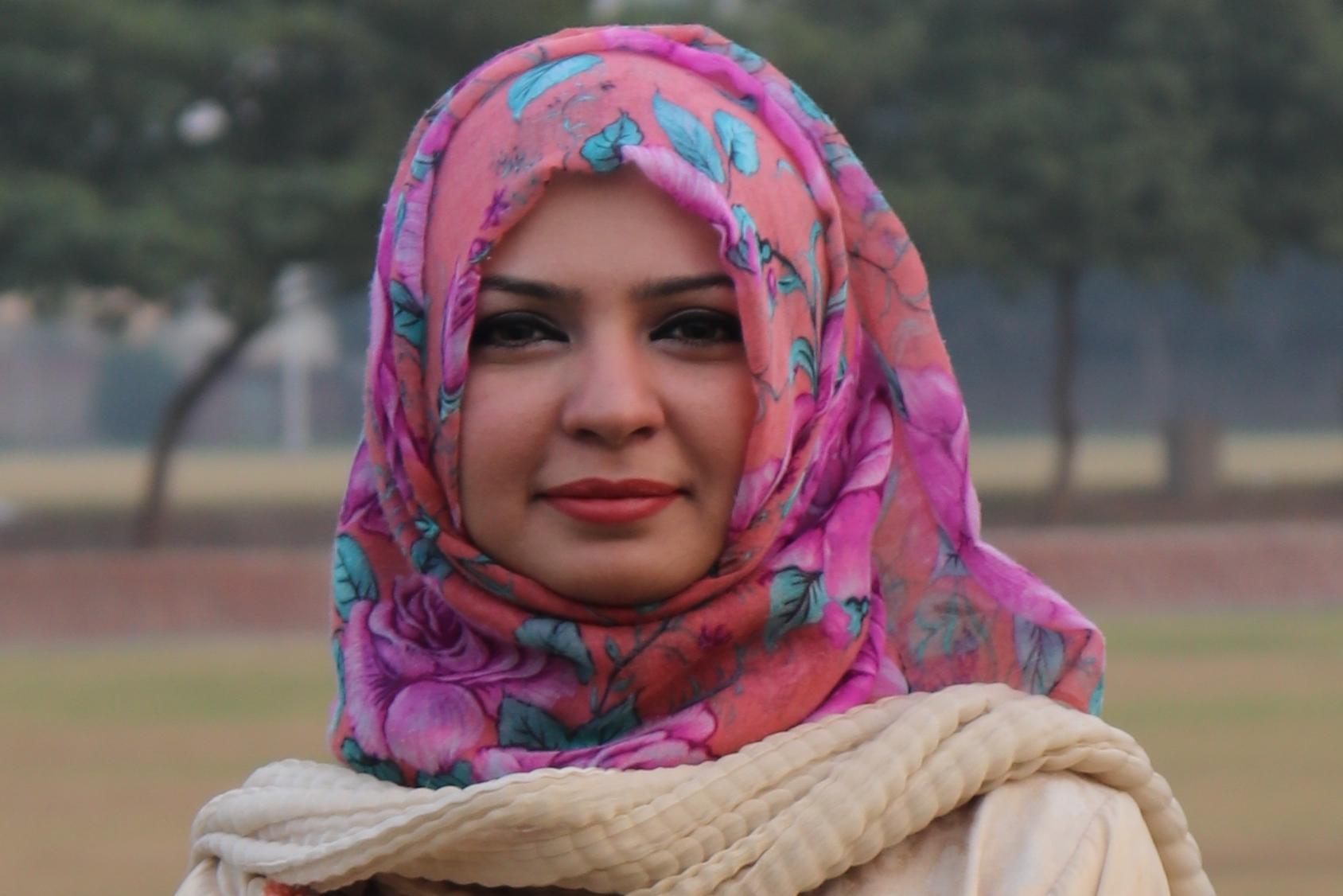
Novel Multistage Optical Fiber Cavity Systems for Communication and Sensing Applications
Abstract:
Multistage Fabry-Perot etalons have various applications in the optical communication and sensing domain. Multistage Fabry-Perot systems are diverse in tunable parameters such as reflectors' reflectivities and optical path lengths of the cavities. However, all the parameters are not fully explored systematically to get the desired transmission response for a particular application. Previously, reflectivities of the reflectors have been optimized for the desired characteristics of a wavelength filter, such as bandwidth, flat-top passband, stopband ripple rejection, and isolation. However, optimized uneven cavity lengths can better control the target bandshaping parameters. Similarly, in multistage fiber cavity sensors, one can explore the exceptional point to enhance the sensitivity rather than the Vernier effect. As a result, the current work presents novel multistage systems with theoretical formulations and experimental schemes for designing distortionless wavelength filters with desired bandwidth by utilizing unequal optical path lengths and an ultra-sensitive refractive index sensor near the exceptional point.
This thesis provides valuable insight into many characteristics of multistage fiber cavity systems for wavelength filter and refractive index sensor design. Firstly, we derive a compact expression for the transmission response of a multi-cavity Fabry-Perot system having asymmetric reflectivities and uneven optical path lengths. We then transform it into a z-domain transfer function for designing a bandpass filter of desired characteristics. Secondly, we propose a digital synthesis technique to optimize the unequal cavity lengths for enhancing the multistage Fabry-Perot system's free spectral range (FSR) or bandwidth with fixed reflectors' reflectivities and demonstrate it experimentally. Thirdly, we design a wavelength bandpass filter with a flat-top passband, better isolation, and maximum stopband ripple rejection with fewer unequal cavities than the equal cavity multistage Fabry-Perot system. We find that the number of cavities in the unequal cavity multistage Fabry-Perot filter is independent of the transfer function order of desired filter response in the digital domain. Lastly, we propose the theoretical model of an ultra-sensitive refractive index sensor near the exceptional point by exploiting the parity-time symmetric nature of a non-Hermitian two-cavity fiber Fabry-Perot system having balanced gain and loss in the alternate cavities. Our sensor is more sensitive with a lower detection limit than the previous approaches.
Notably, all the theoretical formulations and experimental approaches presented in this thesis apply to integrated ring resonators. Moreover, the digital synthesis techniques for FSR enhancement and wavelength filter design apply to micro-cavity structures equally. Furthermore, the recent research about the multistage optical sensor applies to liquid and gaseous phase sensing applications. We expect the novel multistage optical systems described in this thesis will find various applications in optical filtering, biochemical sensing, and environmental monitoring.
This is a hybrid event, you can also join Zoom with the following link:
https://lums-edu-pk.zoom.us/j/99385612406?pwd=SjBuYjFwelM5U1puL2kxbFlUU…
Meeting ID: 993 8561 2406
Passcode: 136300
Final Defense Committee:
Dr. Imran Cheema (Advisor, EE Dept, LUMS)
Dr. Usman Zabit (External Examiner, SEECS, NUST)
Dr. Muhammad Faryad (External Examiner, Physis Dept., LUMS)
Dr. Nauman Butt (EE Dept, LUMS)
Dr. Atta Ulhaq (Physics Dept, LUMS)
List of Publications
1. F. Iftikhar, Raja Ahmad and M. I. Cheema, “Ultra-sensitive refractive index sensing near the exceptional point in a parity-time symmetric fiber Fabry-Perot etalon”, under submission stages to a journal.
2. F. Iftikhar, M. I. Cheema, “Bandpass filter with flat-top transmission using multistage Fabry-Perot with unequal cavity lengths.”, In Next-Generation Optical Communication: Components, Sub-Systems, and Systems X, 11713, International Society for Optics and Photonics, (2021).
3. F. Iftikhar, U. A. Khan and M. I. Cheema, “ Digital synthesis of multistage etalons based upon unequal cavity lengths”, Journal of Optical Society of America B, 37(6):1630–1636, (2020).
4. F. Iftikhar, U. A. Khan and M. I. Cheema, “FSR enhancement based on digital design of multi-etalons with asymmetric lengths of cavities”, IEEE Photonics Conference (IPC), (2019).

